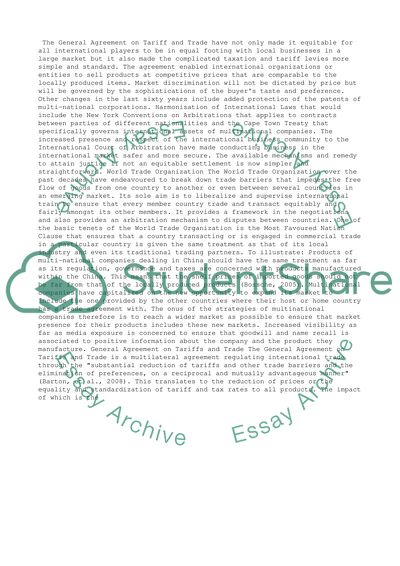Cite this document
(“How Have Changes in the World Economy since 1945 Affected the Essay”, n.d.)
Retrieved from https://studentshare.org/business/1397958-international-business
Retrieved from https://studentshare.org/business/1397958-international-business
(How Have Changes in the World Economy since 1945 Affected the Essay)
https://studentshare.org/business/1397958-international-business.
https://studentshare.org/business/1397958-international-business.
“How Have Changes in the World Economy since 1945 Affected the Essay”, n.d. https://studentshare.org/business/1397958-international-business.


